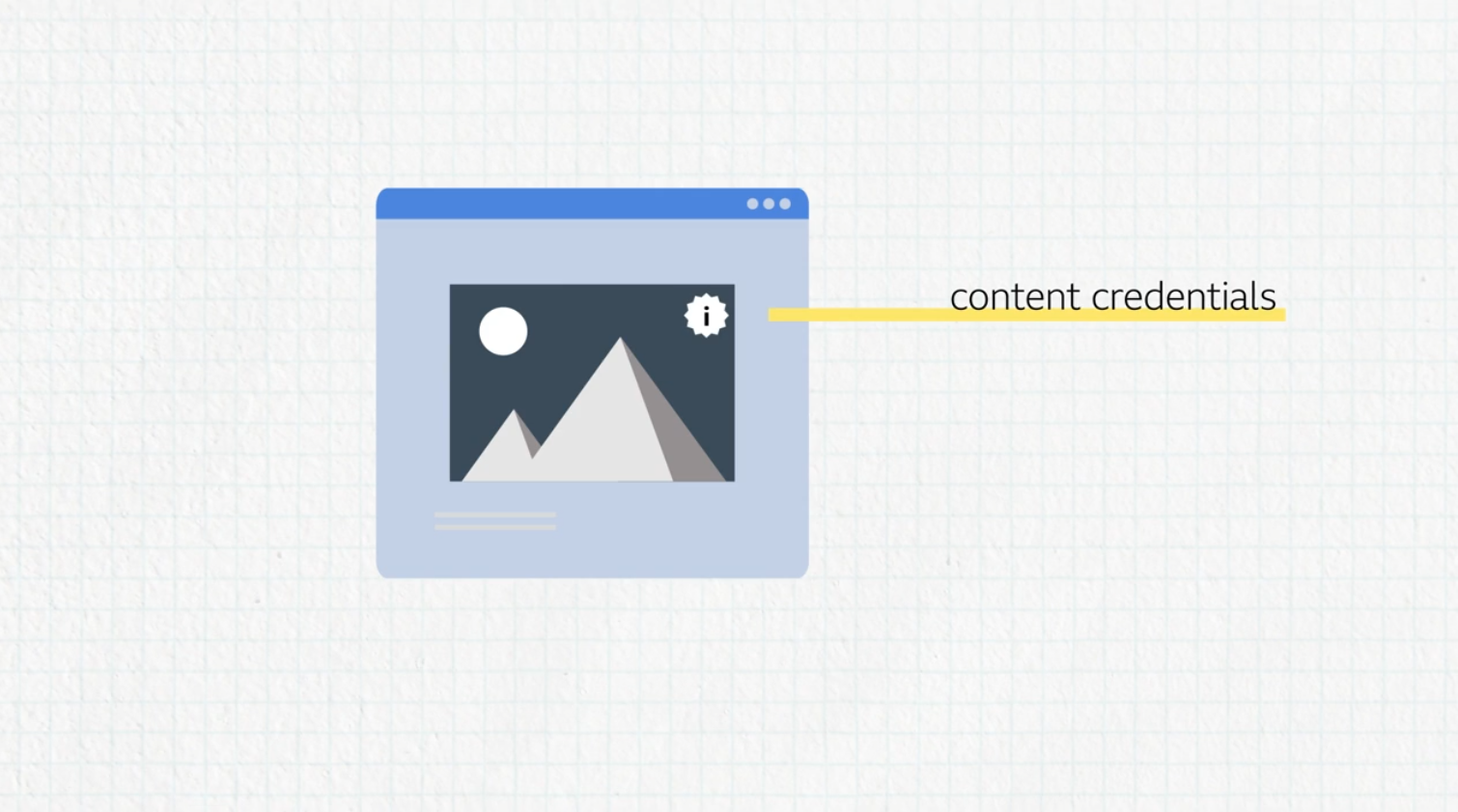Google joins C2PA metadata and transparency initiative

The Coalition for Content Provenance and Authenticity (C2PA) announced today that Google has joined its steering committee to improve the transparency of digital content.
Google will work with other steering committee members, including Adobe, BBC, Intel, Microsoft, Publicis Groupe, Sony and Truepic, to advance the C2PA's technical standard for digital content provenance.
This includes the introduction of Content Credentials, a supposedly tamper-proof metadata standard that can be attached to digital content to prove its creation and modification history.
Google is exploring ways to integrate Content Credentials into its products and services, such as its new ChatGPT competitor, Gemini Advanced. Google's involvement, including YouTube, is intended to help promote Content Credentials as a resource for understanding and trusting digital content.
Google's involvement in the C2PA builds on previous work to improve the transparency of digital content, such as Google DeepMind's SynthID, "About this Image" in search, and YouTube's labeling of modified or synthetic content.
C2PA Chair Andrew Jenks welcomed the addition of Google as an important endorsement of the C2PA approach and encouraged others to join in expanding the use of content labels for a safer and more transparent digital ecosystem.
C2PA gathers momentum
C2PA is a "transparency symbol" that can be added to the metadata of digital content to indicate its origin and the use of AI tools. Recently, Meta has implemented the C2PA standard in its social and AI platforms and OpenAI in its DALL-E 3 image AI.
For fake AI images, C2PA is a hindrance, not protection - metadata can be easily removed. There are also open-source image generators that do not use C2PA.
It would be interesting to see content platforms blocking images without C2PA in the future. This would require forging C2PA to misuse it, which is a higher hurdle than simply removing it, and may even be impossible according to the Coalition. But it would require C2PA to be widely available.
C2PA metadata can be checked on websites such as Content Credentials Verify.
AI News Without the Hype – Curated by Humans
As a THE DECODER subscriber, you get ad-free reading, our weekly AI newsletter, the exclusive "AI Radar" Frontier Report 6× per year, access to comments, and our complete archive.
Subscribe nowAI news without the hype
Curated by humans.
- Over 20 percent launch discount.
- Read without distractions – no Google ads.
- Access to comments and community discussions.
- Weekly AI newsletter.
- 6 times a year: “AI Radar” – deep dives on key AI topics.
- Up to 25 % off on KI Pro online events.
- Access to our full ten-year archive.
- Get the latest AI news from The Decoder.